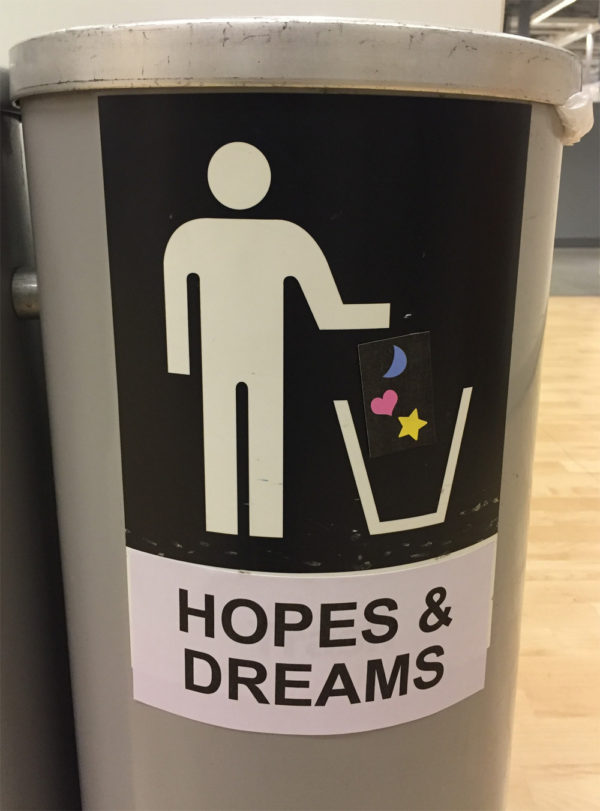Immaturism
The kids are alright. What I mean is, we should view the world through the eyes of a young teenager, because that person has a perspective we all learn from.
We start out with as close to an empty mind, except intuition, as possible at birth. We mature, and then people layer heaps of obligations upon us. Reasons why we cannot do things. Obligations, especially to pretense and public image. Fears and doubts.
But a teenager is on the bend. They still retain the innocence and clarity of childhood, but are struggling with the entropy and calcification of adulthood. When they encounter adult worlds, they speak a truth through immaturity: this is not right.
Their measure is not moral, nor is it practical. It is both aesthetic and realistic. The aesthetic part is that they realize we create misery, us adults, by bowing down to complaints, disadvantages, restraints and fears. The realistic part is that they realize that aesthetics determine our attitude toward life, so if we want good results, we need to put people into an open, loving, hopeful, cheerful state of mind.
Say that to your average adult and they will drop fifty cents in your coffee and tell you to “Get a job!”
Children are inherently aware of our tendency to ruin things. That is, foreclose on the possibilities of them, and replace those with the obligations toward other people that destroy the potential of every good thing in life. Why look toward the sun, when we can stare into the fearful faces of the crowd?
The teenage question is ultimate, What is right? where “right” comprises morality, aesthetics and long-term hopes and dreams. A teenager can still admit they want a Tolkien-esque world, but with computers and toilets, and point out that most of what we do as modern people is wasted time for the sake of appearance. They command us to set ourselves free.
Every time I interact with a smart teenager, I am struck by their clarity. Their morality is to not ruin the experience of life. In their minds, life should always be an adventure of discovery, a sensation of goodness, a hope of something amazing around every corner. I am inclined to think they are right.
Since I was young, through my own adulthood, I have observed that adults are like concrete on a freeway in rain: beaten down into a uniform mud-like substance, aware only of what it fears, never aspiring. As long as the mortgage is paid, the kids are in bed and the wife is not in therapy, things are good. But this is a negative vision of life.
Immaturism demands that we make life into a good experience as a whole. Maturity breaks life down into many questions which we must take at face value in order to be seen as good citizens, but immaturism views life as a whole. Is the experience a good trade for death? And if not, how can we fix it?
Academic philosophers love to divide the questions of life into many smaller categories, like aesthetics versus practicality. Immaturism views them as existing in parallel, meaning that each is a slice of understanding the same basic issues. Life is what it is, and our responses to it reveal what we understand.
Immaturism takes life as a whole and looks to the quality of experience. The kids are alright. They understand that without a life we can have faith in, we drift into subdivisions of the question itself, and justify our choices as to the whole with callow excuses and rationalizations. We either look at the big picture and details together, or we mislead ourselves.
Contrary to our adult biases, children are the farthest thing from non-judgmental. They are quick to reject that which ruins their vision of life. Since their vision is hopeful, it provides a good basis for how to choose what is healthy and what is not. That which does not add beauty is poison, and must be smitten and driven away, or we admit its cold darkness into our own souls.
Tags: aesthetics, hope, immaturism, morality










